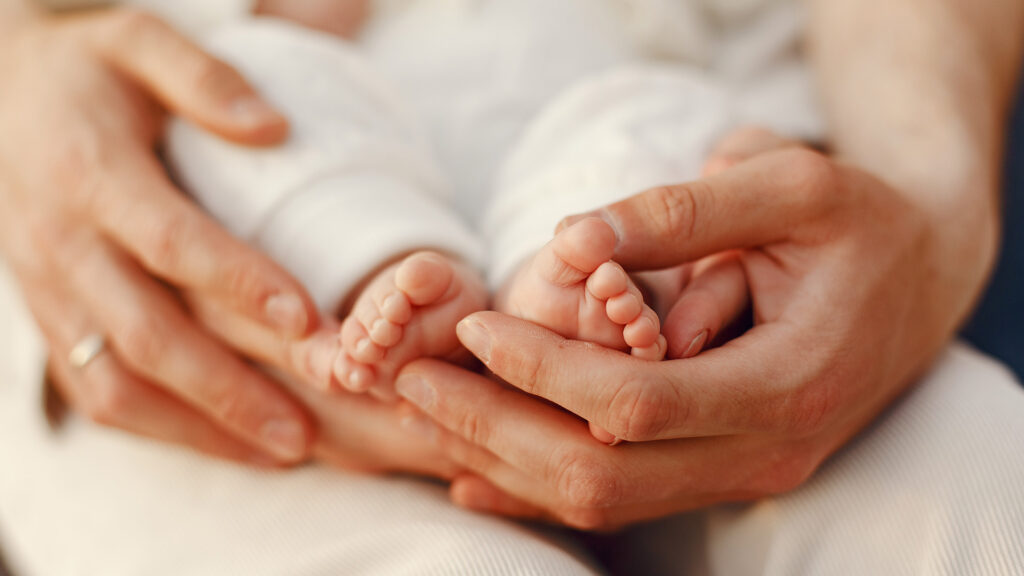
Bringing a baby into the world is often portrayed as a time of joy and excitement. There aren’t enough stories about sleepless nights, honing patience, taking care of yourself – all while guessing your newborn baby’s needs. For many South African mothers, the reality of motherhood is far more complex. According to the National Department of Health, postpartum depression affects an estimated 1 in 3 new mothers in South Africa, with many of them choosing to suffer in silence due to stigma, lack of awareness and limited access to support.
“The first step in beating postpartum depression is actually realising that understanding the signs, causes and solutions for postpartum depression is crucial in ensuring that mothers receive the care they need.”
READ MORE: How To Destress And Still Get Stuff Done
The Lowdown On Postpartum Depression
While temporary mood swings and exhaustion are common after childbirth, postpartum depression is more than just the ‘baby blues.’ “PPD is a serious mental health condition that can persist for months if left untreated,” says clinical psychologist Sandra Papoutsis, adding that symptoms include extreme sadness, anxiety, irritability, loss of interest in activities, changes in sleep and appetite, and difficulty bonding with the baby.
Independent midwife and Vital Baby’s trusted advisor, Sister Londekile Ntsiba, shares that: “New mothers are expected to be overjoyed, but many struggle with overwhelming emotions, guilt and exhaustion. Unfortunately, the fear of being judged prevents many women from seeking the help they need.”
READ MORE: Why Every Woman Deserves A Solo Escape
Why Are Postpartum Depression Stats So High In SA?
Several factors contribute to the high rates of postpartum depression in South Africa:
- Stigma and Cultural Expectations – In many communities, discussing mental health struggles is still taboo, making mothers hesitant to speak out.
- Lack of Support Systems – Many new mothers do not have the necessary emotional or practical support from partners, family, or healthcare providers.
- Economic Stress – Financial strain and unemployment can exacerbate feelings of helplessness and anxiety.
- Limited Access to Healthcare – Many women, especially in rural areas, lack access to mental health resources and professional support.
READ MORE: For Overwhelmed Mothers, The Parent Hub Provides Much-Needed Relief
Is It Treatable?
The good news is that postpartum depression is treatable, and support is available. Encouraging open conversations about mental health and ensuring that mothers receive the right care can make a significant difference.
- Break the Silence – Encouraging mothers to talk about their feelings without fear of judgment can help normalise postpartum depression and reduce stigma.
- Seek Professional Help – Therapy, counselling, and, in some cases, medication can effectively treat PPD. Healthcare providers should routinely screen new mothers for signs of depression.
- Create Strong Support Networks – Family members, partners, and friends can provide invaluable support by helping with childcare, household tasks, and offering emotional reassurance.
- Self-Care Matters – New mothers should be encouraged to rest, eat well, and take time for themselves to promote overall well-being.
READ MORE: 4 Prenatal Yoga Moves To Do At Home
Where To Seek Help?
For mothers struggling with postpartum depression, it’s important to seek help as soon as possible. Here are some essential support resources in South Africa:
- South African Depression and Anxiety Group (SADAG): 24-hour helpline – 0800 456 789
- Lifeline South Africa: 0861 322 322
- Postnatal Depression Support Association (PNDSA): 082 882 0072
- Sisters in Solidarity (SIS): A community-driven initiative supporting mothers in distress.
Adblock test (Why?)
Powered by WPeMatico
